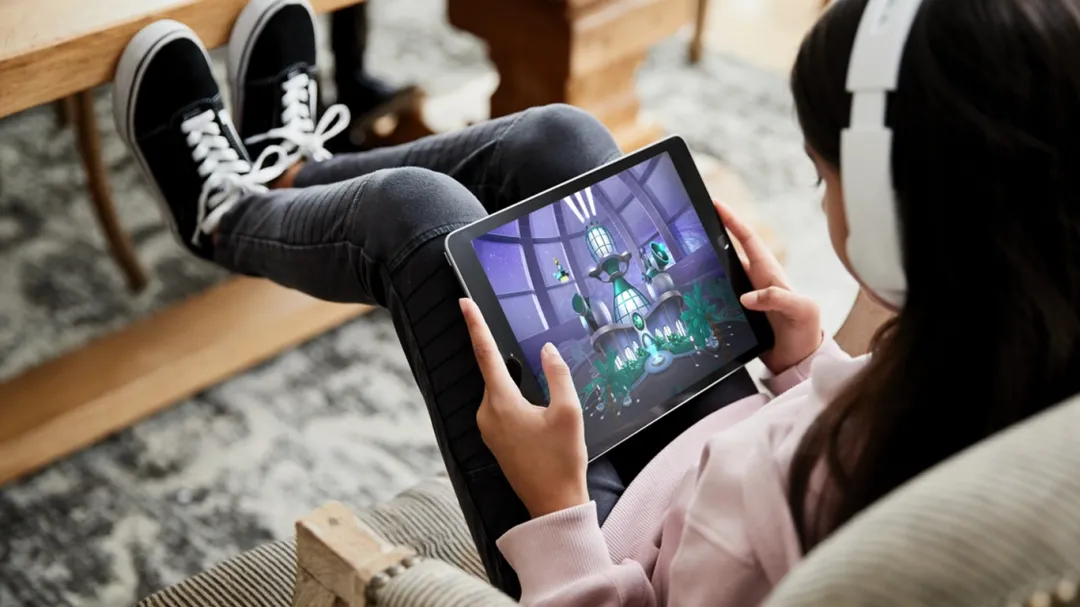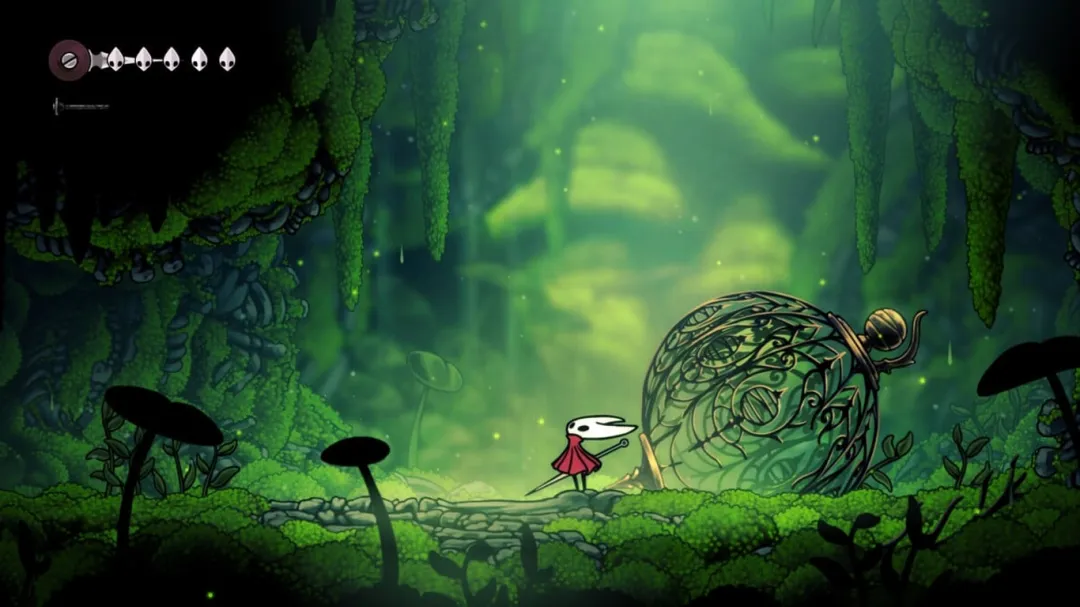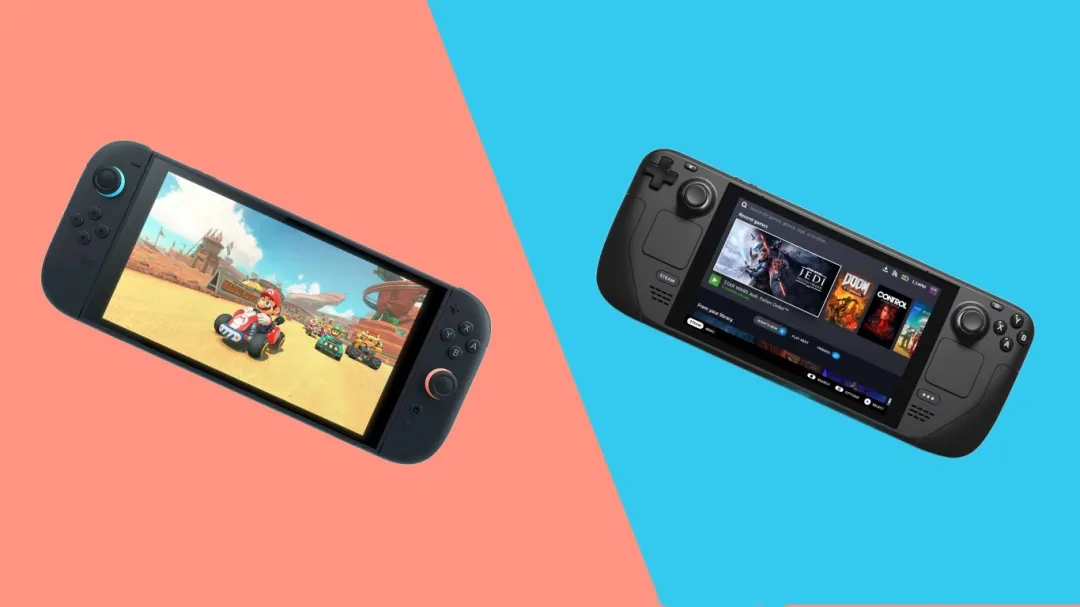Video Games Boost Children’s Well-Being

BALTIMORE — Recent research from Johns Hopkins University suggests that video games, when used in gamified treatment programs, represent promising early interventions for supporting children’s mental well-being. These approaches offer engaging, accessible methods for young patients awaiting more individualized therapy sessions.
Dr. Emily Thompson, a leading researcher in developmental psychology at Johns Hopkins, explained that gamified treatments harness interactive gameplay to promote emotional regulation and resilience. “Such tools could provide constructive engagement and coping strategies during critical waiting periods,” she noted, underscoring the importance of accessibility in mental health care.
As mental health concerns among children continue to rise globally, the integration of technology-based interventions aligns with broader trends in digital health innovation. Experts welcome this development as a complementary resource that enhances traditional therapy rather than replaces it.
These findings represent a significant step toward incorporating multimedia elements into therapeutic practice. By using video games, clinicians can potentially reduce the barriers posed by stigma and limited availability of mental health services, thereby improving overall well-being for young patients.







